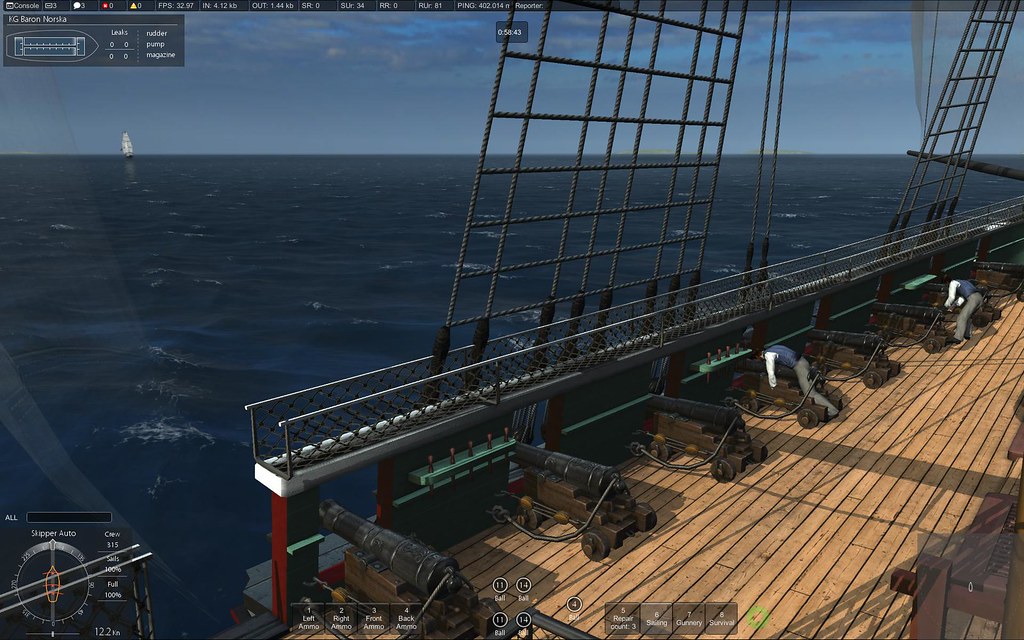

First, he discusses, in great detail, the gradual development of guns (that is, cannon) for field artillery and naval artillery. Cipolla's thesis is fairly straightforward: the Europeans achieved hegemony on the world's oceans because they were the first to harness cannon effectively for ocean warfare and that, combined with the transition from the oar to the sail in ocean-going vessels, allowed European ships to harness inanimate energy and reserve human energy more exclusively for offensive capabilities.Ĭipolla divides his short volume into two parts. He also completed this volume before Geoffrey Parker's The Military Revolution offered a more complex view of technological innovation and military change on the continent. Cipolla was one of the earlier historians trying to grapple with how specific European powers (chiefly, in his case, the Portuguese, Dutch, and Spanish) became global powerhouses by the seventeenth and eighteenth centuries. Two years later he obtained a full professorship.Ĭarlo M. In 1953 Cipolla left for the United States as a Fulbright fellow and in 1957 became a visiting professor at the University of California, Berkeley.

This was to be the first stop in a long academic career in Italy (Venice, Turin, Pavia, Scuola Normale Superiore di Pisa and Fiesole) and abroad. Subsequently he studied at the Sorbonne and the London School of Economics.Ĭipolla obtained his first teaching post in economic history in Catania at the age of 27. Whilst a student there, thanks to professor Franco Borlandi, a specialist in Medieval economic history, he discovered his passion for economic history. He was born in Pavia, where he got his academic degree in 1944.Īs a young man, Cipolla wanted to teach history and philosophy in an Italian high school, and therefore enrolled at the political science faculty at Pavia University. Cipolla (Aug– September 5, 2000) was an Italian economic historian.


 0 kommentar(er)
0 kommentar(er)
